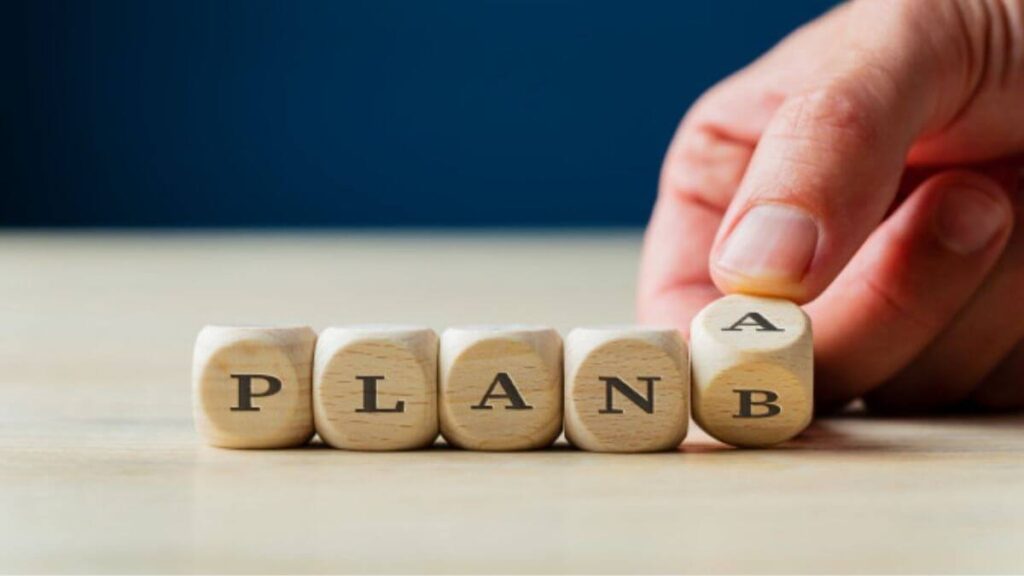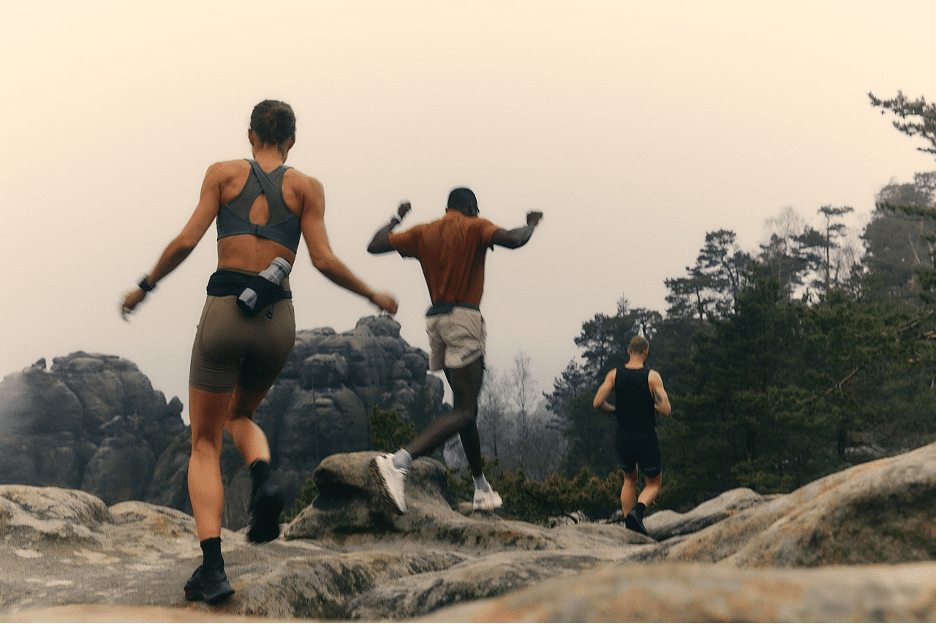New Travel Habits You Learned After Troubles
Traveling can be unpredictable, and over the years, I’ve learned that no matter how much you plan, things can still go wrong. From missed flights to lost luggage, I’ve faced my fair share of travel troubles, and each experience has taught me valuable lessons. Here are some new travel habits I’ve adopted after dealing with setbacks.

1. Always Have a Backup Plan
One of the biggest lessons I learned after missing a connecting flight in Europe was the importance of having a backup plan. Now, I always make sure I have contingency options for travel connections, especially if I have tight layovers or long distances to cover. I look up alternate routes or other transport options in advance, so I’m not caught off guard if something goes wrong. It’s also helpful to have a list of local emergency contacts just in case.

2. Pack Smart and Stay Organized
After my luggage went missing for two days during a trip to Asia, I started packing more thoughtfully. I now pack a carry-on with essential items—like toiletries, a change of clothes, and important documents—just in case my checked luggage doesn’t arrive on time. I also organize everything in packing cubes to make sure I can access everything easily if I need to make quick adjustments.

3. Embrace Flexibility
After experiencing a weather delay that ruined a well-planned tour, I learned to embrace flexibility. I no longer stress if plans change last minute or if I can’t do something I had hoped for. Instead, I focus on what I can do in the moment, whether it’s exploring a new area or trying something spontaneous. Travel often rewards flexibility with unexpected gems.

4. Prioritize Self-Care
Travel mishaps can be mentally and physically exhausting, so I’ve learned the importance of self-care. Whether it’s getting enough sleep, staying hydrated, or taking time to relax, I now make my well-being a priority. This ensures I’m energized and ready to tackle any challenges that come my way.
These new habits have made my travels smoother and more enjoyable, even when things don’t go as planned. Each challenge has become an opportunity to learn and adapt, turning potential frustrations into positive experiences.


0